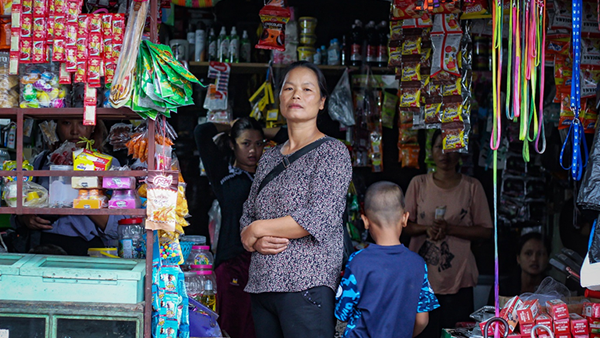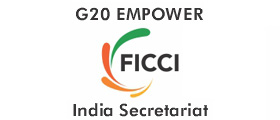There is hardly anyone in Mamit who has not heard of Seni, a 50-year-old single mom of three children and a successful entrepreneur and district-level politician.
Seni’s parents were farm labourers in the region’s jhum plantations and didn’t have enough money to fund Seni’s education. Seni’s elder sister was married off when she was still in school, while her brother left home early for Aizawl, in search of a better future. A younger sister who was suffering from depression died before she turned 16, making Seni the only available child to care for their parents. “Father was a heavy smoker from his early days. He developed ulcers in his stomach and finally he succumbed to his illness. My mother turned blind out of a blue,” Seni remembers.
Seni dropped out of school after grade 6 and started working by the time she was 16.
At 21, she married a man in faraway Lengpui, near Aizawl. She was divorced at 29 when her oldest child was just eight years old. She left her husband’s home, along with her three kids, to live with her mother and look after her, and took out an interest-free loan of 5,000 rupees from a distant relative. With the money, she set up a small pharmacy and grocery store. She also worked in the jhum plantation for INR 150 a day, to supplement her income from the shop.
In 2004, she took out a bigger loan of two lakh rupees from a rural bank to expand her business. She repaid the loan in two years and in 2008 took out a loan of five lakh rupees from the Mizoram Rural Bank.
Soon, she was made part of the Unit Committee by the local chapter of the Congress Party which was doing well in the state. “For 5 years, I represented the Congress party as a Village Committee Member. Then I moved to the Mizo National Front and I have continued to represent the MNF during the last two terms,” she says.
Seni believes that there was a need for more women in politics, especially at the grassroots decision-making level. There is also a need to get rid of gender stereotyping in village committees. Seni says women are often asked to oversee the work of the Anganwadis and the public sanitation. “Men, meanwhile, will lead bodies on civic infrastructure and public works at large. This must change,” she says.
Since 2010, Seni has been elected thrice as a member of the Village Council, the empowered local body that has the powers to formulate Village Development Schemes, to supervise proper maintenance of water supply, roads, forest, sanitation, education and other welfare activities. The council also supports various government agencies in carrying out development works in the village.
“I really have no idea if I am an inspiration,” she says. “But yes, I have always stood strong for myself, my family and my community.”
 |
These stories of women-led development have been compiled by UN Women India. All copyrights to the stories and images are held by UN Women India Country Office dated December 2022. |

